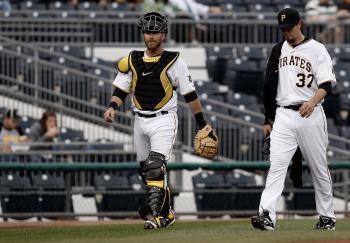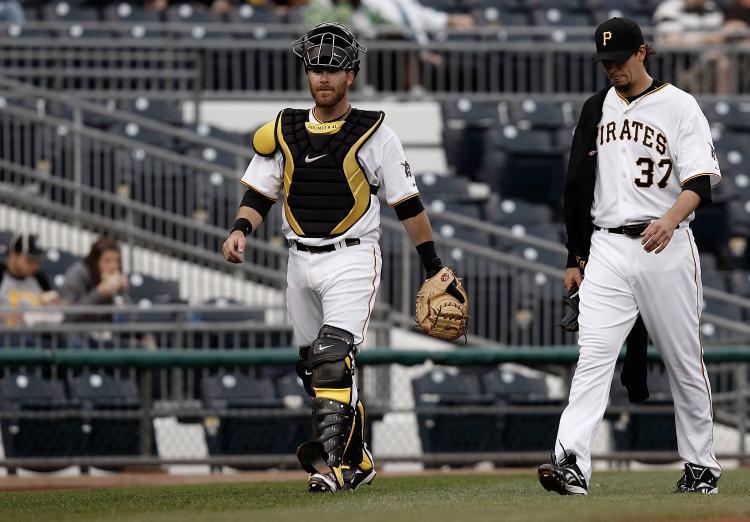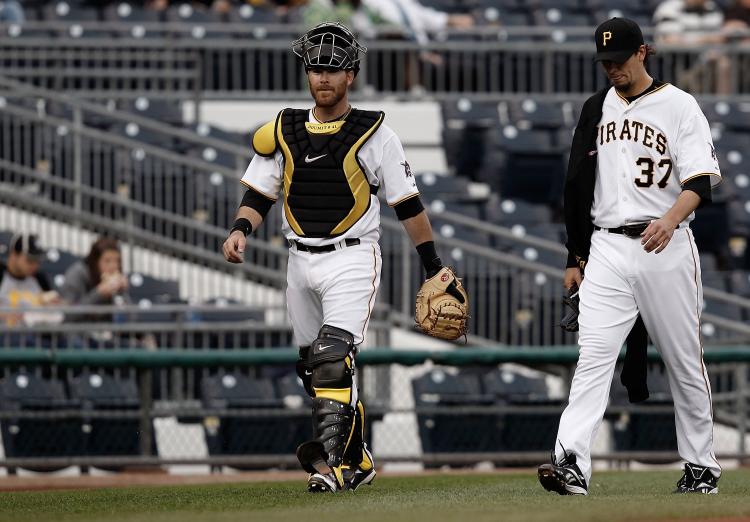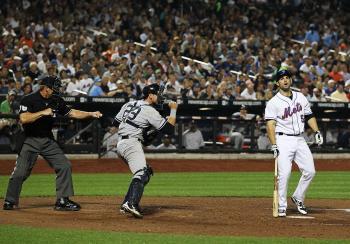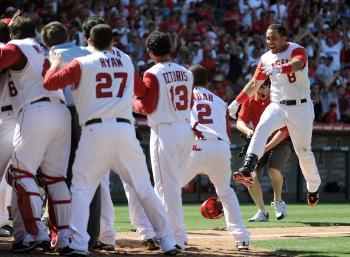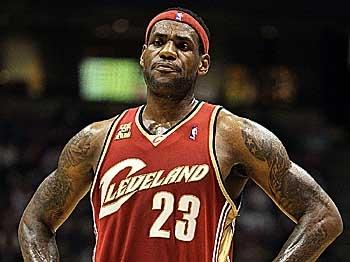When you are a Major League Baseball team and you get blasted 20–0 at home, something is clearly wrong. When that same team also crushes you 8–1 and 8–0 in a three-game series sweep, humiliating doesn’t even begin to describe the feeling.
And when that team is the Milwaukee Brewers, who are tied with you for the second-to-worst record in the National League (NL), things can’t possibly get worse.
Oh, but they can. The worst team in the NL, the Houston Astros, followed the Brewers sweep with a three-game sweep of their own.
Welcome to life as a Pittsburgh Pirate.
But don’t feel too sorry for Pittsburgh’s upper management. Since Forbes came out with their annual rankings of Major League Baseball (MLB) team value in 2002, the Pirates have made a total profit of $116.1 million in nine years.
Their only two nonprofitable years were in 2002 and 2003, when they lost $1.6 million and $0.3 million, respectively—pretty good for a team that hasn’t had a winning season since 1992.
Revenue Sharing Gone Wrong
Pittsburgh is the ultimate example of what is wrong with baseball’s revenue sharing arrangement. The last time the team broke $50 million in player payroll was in 2003. That year, the Pirates spent $54.8 million on its players and lost $0.3 million as an organization.
Apparently, they got smarter because in 2004, they cut payroll to $32.2 million (ranking 28th in the league), and made $12.2 million in profit. Since then, the Pirates have kept their payroll under $50 million, consistently ranking in the bottom four in spending.
This year, the Pirates have the smallest payroll at $34.9 million. The formula is clearly working because the organization continues to generate profit despite empty seats and losing seasons.
Although financial records for each team are confidential, the union can review revenue receipts that teams are required to file. Earlier this year, the league and the union deemed that the Florida Marlins were not spending enough of their revenue sharing money.
“In response to our concerns that revenue sharing proceeds have not been used as required, the Marlins have assured the union and the commissioner’s office that they plan to use such proceeds to increase player payroll annually,” said Michael Weiner, executive director of the Major League Baseball Players Association.
The rule for spending the money from revenue sharing is extremely ambiguous. Baseball’s collective bargaining agreement simply states that a team must use its proceeds “in an effort to improve its performance on the field.”
The vague wording allows teams like the Pirates and Marlins to avoid increased payrolls and pocket the money instead.
One reason why the Marlins came under scrutiny is because from 2006–2009, they had the lowest player payroll for three out of the four years, yet were the most profitable team for three of those years.
Revenue sharing was created to keep baseball competitive between big market teams and small market teams. Big market teams like the New York Yankees and the Boston Red Sox would shell out money to help small market teams keep up with rising salaries and costs.
The problem is teams like the Pirates and Marlins are obviously not utilizing the money to improve performance on the field.
“Change is needed and that is reflected by the fact that over a billion dollars has been paid to seven chronically uncompetitive teams, five of whom have had baseball’s highest operating profits,” Red Sox owner John Henry told the Boston Globe last year.
“Who, except these teams, can think this is a good idea?”
It’s not just owners of big market teams who are upset either. Fans are growing tired of the penny-pinching ways of certain organizations.
Twenty-seven-year-old Ben Koslow of Pittsburgh, a lifelong Pirates fan, said, “If they don’t sign [Andrew] McCutchen to a long-term contract, I’m done with the team.”
McCutchen is a talented 23-year-old center fielder and is the future of the team. If Pittsburgh hopes to rebuild and keep its fan support, locking up McCutchen is a necessity, not an option.
If the Pirates choose to trade McCutchen, that will be the ultimate slap in the face to their faithful followers.
